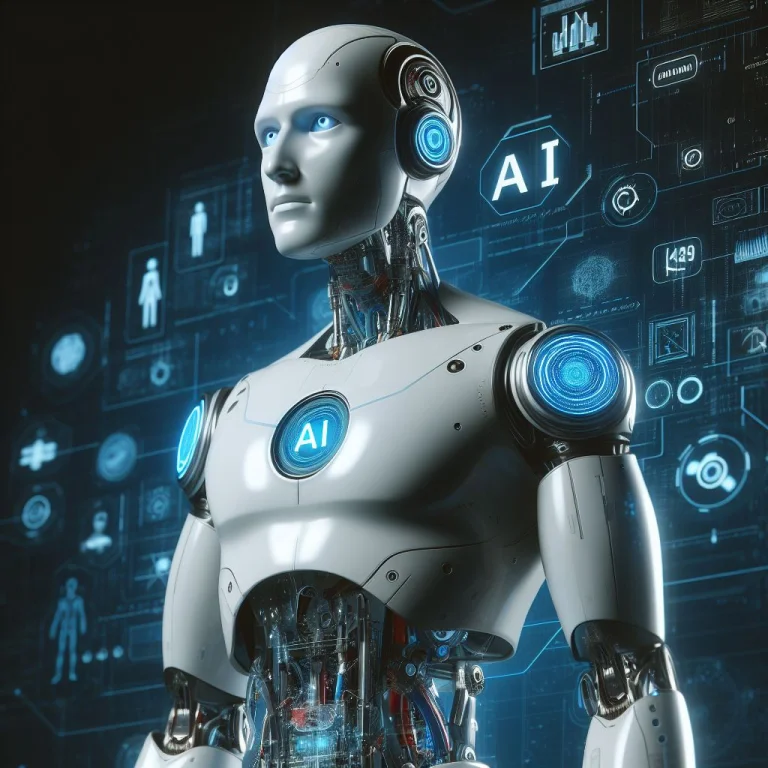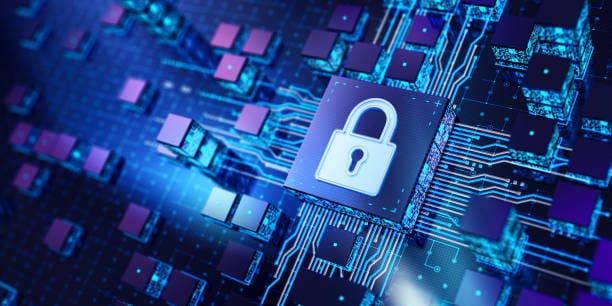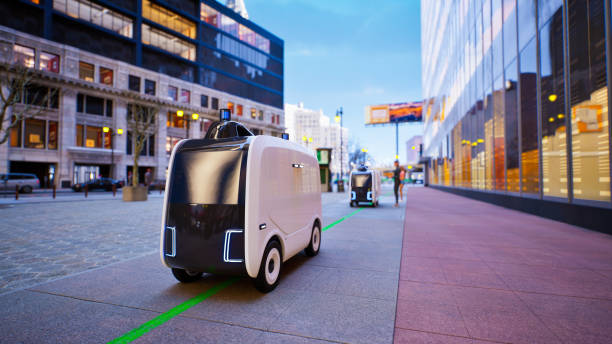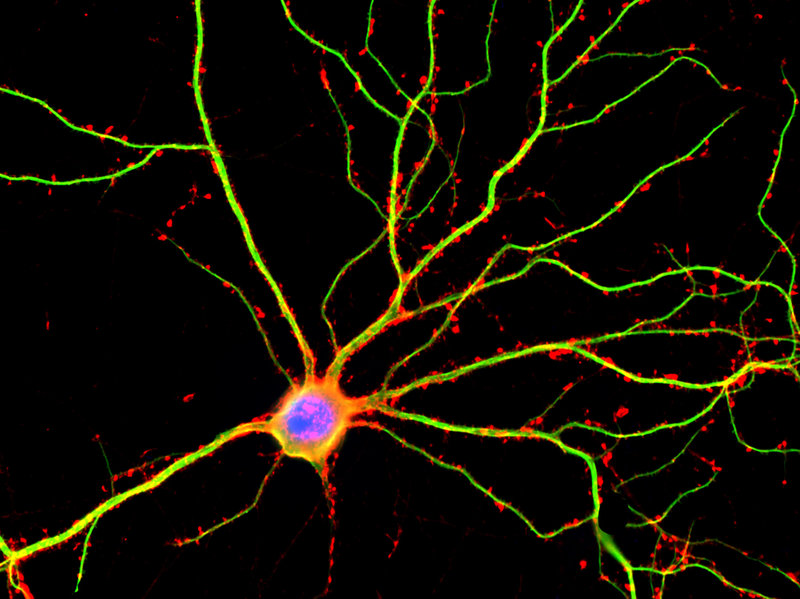We are living through one of the most transformative periods in human history. It is an era where machines can compose music, diagnose diseases, drive cars, predict stock markets, and even write poetry. At the heart of this transformation lies a force that is simultaneously awe-inspiring and deeply controversial: Artificial Intelligence (AI).
AI is no longer a futuristic fantasy confined to the realms of science fiction. It is here, evolving rapidly, and reshaping nearly every aspect of society—from the way we work and communicate to how we make decisions and understand the world. Businesses leverage AI to streamline operations. Scientists employ it to sift through mountains of data. Ordinary people interact with it daily, often without even realizing it. Whether it’s a voice assistant answering your questions, a chatbot helping with customer service, or a recommendation system curating your favorite content, AI has become an invisible yet omnipresent partner in modern life.
Yet with its growing influence comes an increasingly urgent question: Is artificial intelligence a blessing or a curse? Like all technologies, AI brings a mix of promise and peril. It can empower, liberate, and enrich lives—but it can also disrupt, displace, and manipulate. In this comprehensive exploration, we dive deep into the pros and cons of AI, examining the extraordinary opportunities it offers and the profound challenges it poses. Through this journey, we’ll explore how AI is shaping our world—and how we, in turn, must shape its future.
The Promises of Artificial Intelligence
Efficiency and Automation
One of the most celebrated benefits of AI is its ability to perform repetitive, time-consuming tasks with incredible speed and precision. From manufacturing assembly lines to administrative paperwork, AI systems can automate routine operations, allowing humans to focus on more creative, strategic, or emotionally engaging work.
In industries like logistics and transportation, AI optimizes supply chains, reduces delivery times, and minimizes waste. In agriculture, it helps monitor crop health, predict yields, and optimize resource use. In retail, AI streamlines inventory management and enhances customer experience. Across every sector, automation powered by AI boosts productivity and cuts costs.
Revolutionizing Healthcare
Few fields have seen such dramatic AI-powered transformation as healthcare. Machine learning algorithms can now detect patterns in medical images that even seasoned radiologists might miss. AI-driven diagnostic tools are increasingly used to identify conditions like cancer, heart disease, and neurological disorders earlier and more accurately.
AI is also revolutionizing drug discovery. Traditionally, developing a new drug could take a decade and cost billions. AI can analyze vast databases of molecular compounds, predicting which combinations are most likely to be effective, thereby accelerating the development of life-saving treatments.
Moreover, AI-driven virtual health assistants are now helping patients manage chronic diseases, adhere to medications, and access reliable health information. Personalized medicine—tailoring treatments to an individual’s genetic makeup—is another area where AI is set to shine.
Enhancing Education
AI is also transforming how we learn. Intelligent tutoring systems can adapt to the needs of individual students, providing customized lessons, identifying learning gaps, and offering targeted feedback. AI can analyze student performance in real time, allowing educators to intervene more effectively.
Language learning platforms, math tutoring apps, and even virtual classrooms are incorporating AI to create immersive, personalized experiences. For students with disabilities, AI offers tools that enhance accessibility, such as speech-to-text, predictive typing, and image recognition for the visually impaired.
Beyond students, AI helps educational institutions with administrative tasks, admissions processes, curriculum design, and academic research.
Strengthening Cybersecurity
As digital threats grow more sophisticated, so too must our defenses. AI has become an indispensable tool in cybersecurity, capable of detecting anomalies, identifying suspicious patterns, and responding to threats in real-time. Unlike traditional systems, which rely on predefined rules, AI models can learn from data and adapt to evolving cyber threats.
AI-based tools monitor network traffic, protect sensitive data, and even help recover systems after an attack. They form a dynamic shield in an increasingly digital world, protecting individuals, businesses, and governments alike.
Environmental Protection and Climate Research
AI is playing a vital role in addressing some of humanity’s most pressing environmental challenges. In climate science, it helps model complex systems, forecast weather patterns, and predict the effects of global warming. Satellites combined with AI algorithms can track deforestation, monitor air and water quality, and assess damage from natural disasters.
Smart energy systems use AI to manage electricity grids more efficiently, balancing supply and demand while reducing emissions. In wildlife conservation, AI analyzes data from camera traps, drones, and acoustic sensors to monitor endangered species and detect illegal poaching.
The combination of AI and environmental data creates powerful tools for building a more sustainable future.
Boosting Creativity and Innovation
Contrary to the fear that AI will dull human creativity, it has begun to act as a collaborator in the arts and sciences. AI systems are composing music, generating paintings, writing stories, and even directing films. While they may not feel emotions or understand beauty in the human sense, they can mimic styles, suggest novel ideas, and push the boundaries of creativity.
In scientific research, AI accelerates discovery by analyzing huge datasets, identifying trends, and suggesting hypotheses. It is a partner in innovation, aiding in the design of new materials, understanding genetic sequences, and exploring the frontiers of space and time.
The Perils of Artificial Intelligence
Job Displacement and Economic Inequality
One of the most frequently cited concerns about AI is its impact on employment. As machines become more capable, many jobs—especially those involving routine, predictable tasks—are at risk of being automated. Factory workers, cashiers, drivers, and even white-collar workers like paralegals and financial analysts may find their roles increasingly obsolete.
While new jobs may emerge, they may not replace those lost—or may require different skills. This shift can widen the gap between those with access to education and technology, and those without. Economies may experience rising unemployment, social unrest, and greater income inequality if transition policies are not carefully implemented.
Loss of Human Autonomy
AI systems are making more decisions on our behalf—choosing what news we see, what products we buy, what routes we take, and even who we date. While this can be convenient, it raises profound questions about autonomy and agency. When algorithms decide what we want before we even ask, are we still in control?
Moreover, predictive policing tools and AI surveillance can influence decisions about criminal justice, often with limited transparency. When opaque algorithms determine who is granted bail or subjected to monitoring, the foundations of justice can be eroded.
The risk is not just about losing jobs—it’s about losing the ability to decide for ourselves.
Bias, Discrimination, and Ethical Concerns
AI systems are only as good as the data they’re trained on. If that data reflects historical biases, the AI will likely reproduce—and even amplify—those biases. This has led to numerous scandals, from facial recognition software that struggles to identify people of color to hiring algorithms that favor male candidates.
Ethical dilemmas abound. Should an autonomous vehicle prioritize the life of its passenger or a pedestrian in an unavoidable crash? Should an AI be allowed to determine life-and-death decisions in military drones? Who is responsible when an AI makes a mistake—its developer, its user, or the algorithm itself?
AI ethics is a rapidly evolving field, but the questions it raises are as old as philosophy itself.
Privacy Invasion and Surveillance
AI thrives on data. The more it knows about us, the better it can predict, persuade, and manipulate. But this also means a staggering invasion of privacy. From voice assistants that listen continuously to smart cameras that track movement, AI-enabled technologies collect vast amounts of personal information.
Governments and corporations alike are building AI-driven surveillance networks capable of tracking individuals across cities, analyzing behavior, and identifying “threats.” While these tools can enhance security, they also pose a grave risk to civil liberties, especially in authoritarian regimes.
The balance between safety and freedom is delicate—and AI could tip the scales.
Dependence and Technological Addiction
As AI becomes more embedded in our lives, we risk becoming overly dependent on it. Navigation apps erode our sense of direction. Autocomplete weakens our writing skills. Smart devices lull us into constant connectivity. If we lose the ability to function without these tools, what does that mean for human resilience?
Technological addiction, especially among children and adolescents, is another growing concern. Recommendation algorithms on social media are designed to keep users engaged—sometimes at the cost of mental health, attention spans, and real-world relationships.
AI’s power to shape behavior must be wielded with caution, or it may end up shaping us in ways we never intended.
Weaponization and Global Security Risks
Perhaps the most alarming prospect is the use of AI in warfare. Autonomous drones, robot soldiers, and AI-directed cyberweapons are no longer the stuff of science fiction. The race to develop AI-powered military technologies is accelerating, raising fears of an arms race that could destabilize global security.
Unlike nuclear weapons, AI systems can be built covertly, deployed remotely, and replicated easily. Their use in cyberwarfare—disabling infrastructure, manipulating elections, or sowing disinformation—poses a unique threat to democratic institutions and global peace.
The specter of machines deciding when and where to strike challenges our most basic notions of ethics and humanity.
Navigating the Future of AI
The Need for Responsible Innovation
AI is not inherently good or evil. It is a tool—a powerful one—and like all tools, it depends on how we use it. The future of AI hinges on responsible development, transparent governance, and inclusive decision-making. Engineers, ethicists, lawmakers, and everyday citizens must collaborate to ensure AI serves the common good.
This includes building AI systems that are explainable, fair, and accountable. It means prioritizing human dignity over profits, and long-term well-being over short-term gains. Regulations must evolve alongside technology to protect privacy, ensure safety, and prevent abuse.
Education and Reskilling
As AI reshapes the job market, preparing the workforce for the future becomes essential. This means investing in education systems that emphasize creativity, critical thinking, and emotional intelligence—skills that machines struggle to replicate.
It also requires large-scale reskilling programs to help displaced workers transition into new roles. Lifelong learning, vocational training, and public-private partnerships will be crucial to ensure no one is left behind in the AI revolution.
Global Cooperation and Ethical Standards
AI is a global phenomenon, transcending borders and jurisdictions. To manage its risks and harness its benefits, international cooperation is vital. Just as nuclear treaties govern atomic energy, we need global agreements on AI ethics, safety, and use in warfare.
Organizations like the UN, UNESCO, and the OECD have begun developing ethical guidelines, but these efforts must be expanded and enforced. Cultural differences must be respected, but human rights must remain non-negotiable.
The choices we make today will determine the role AI plays in our collective future.
Conclusion: The Double-Edged Sword of Intelligence
Artificial intelligence stands as a testament to human ingenuity—a reflection of our desire to understand, create, and transcend our limitations. It is a force capable of solving humanity’s grandest challenges and also of magnifying its deepest flaws.
The pros of AI are dazzling: enhanced efficiency, life-saving innovations, expanded creativity, and global connectivity. Its cons are sobering: lost jobs, systemic bias, surveillance, and ethical quandaries that test the very fabric of our values.
Whether AI becomes humanity’s greatest ally or its most dangerous adversary depends not on machines—but on us. It is our responsibility to guide AI with wisdom, to wield its power with humility, and to ensure that, in building machines that think, we do not forget how to think for ourselves.






